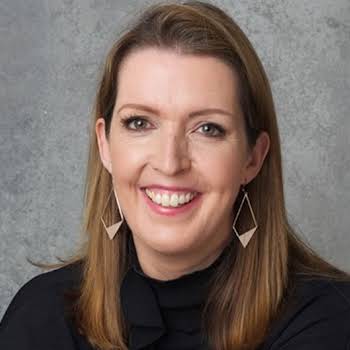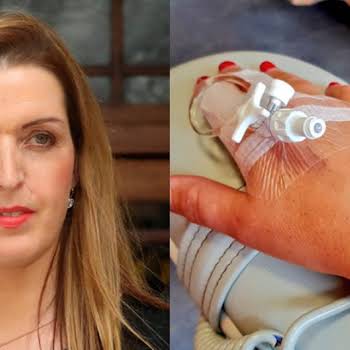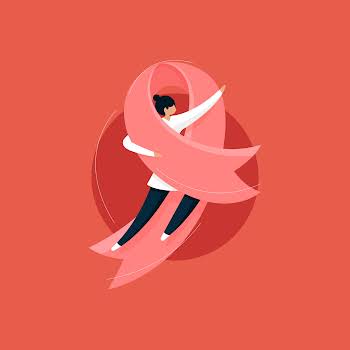
Australia is on track to be the first country to eliminate cervical cancer
By Erin Lindsay
08th Oct 2018
08th Oct 2018
Cervical cancer could be eliminated from Australia within the next 20 years, thanks to their school HPV vaccination programme, where both boys and girls are vaccinated.
The news comes as part of a report published in public health journal Lancet, and finds that by 2028, fewer than four women in every 100,000 will present with cervical cancer annually in Australia – such a low number that it effectively eliminates it as a public health issue. This would mean that the annual mortality rate from cervical cancer would fall to less than one per year.
In 2007, Australia became one of the first countries in the world to introduce a national human papillomavirus (HPV) vaccination programme, vaccinating school-age girls and, in 2013, expanding to vaccinate school-age boys as well, who can carry and transmit the virus, and develop other types of cancer.
According to the Cancer Council of Australia, the country has seen a 77% decrease in the number of HPV types that lead to cancer and a 90% reduction in genital warts (which can be caused by HPV) in heterosexual men and women under 21 years of age.
Vaccination rates are very high in Australia, and still increasing, with almost 79% of girls and 73% of boys getting their vaccines by the age of 15. As a result, new diagnoses of cervical cancer in Australia have dropped almost 50% since the 1990s.























